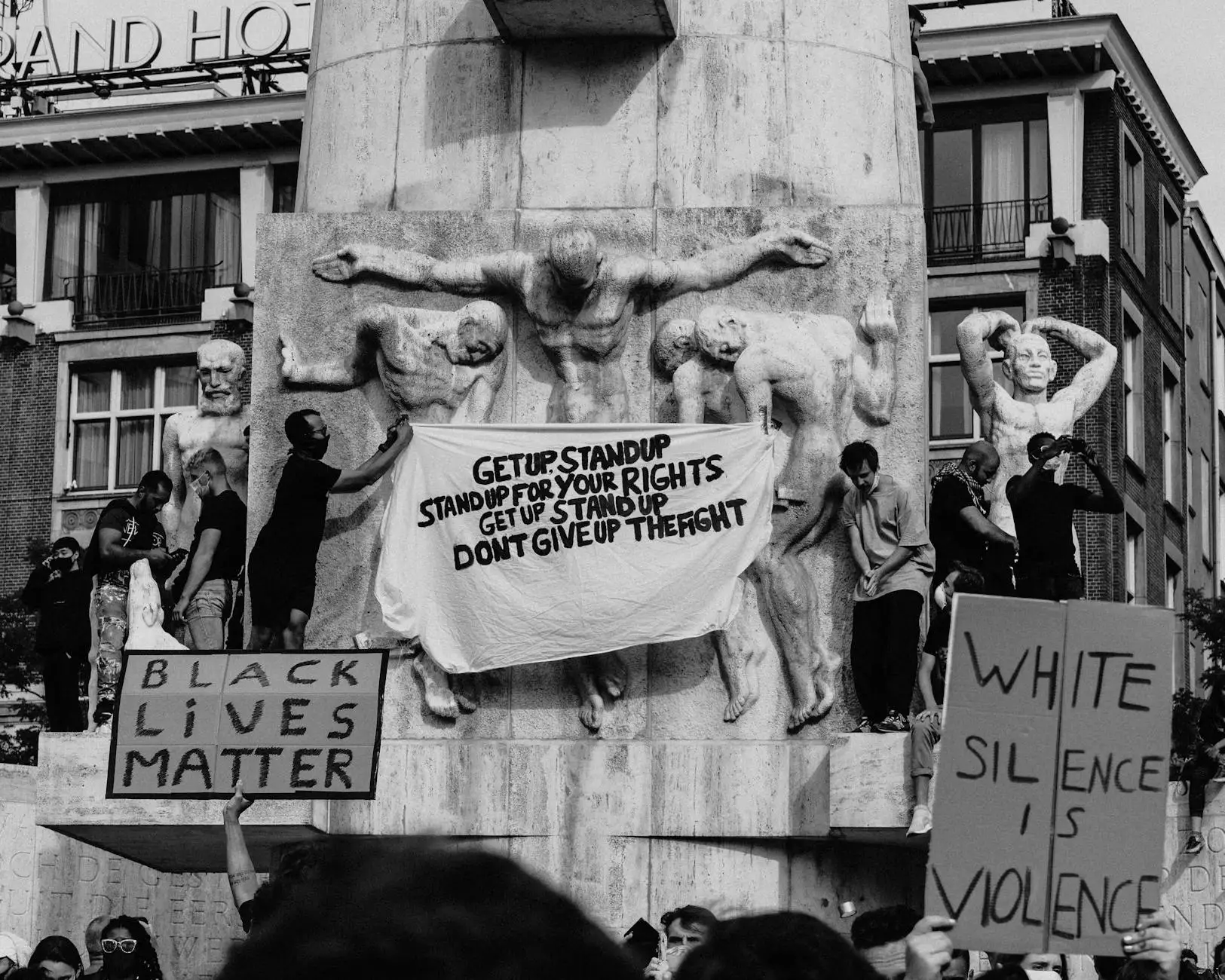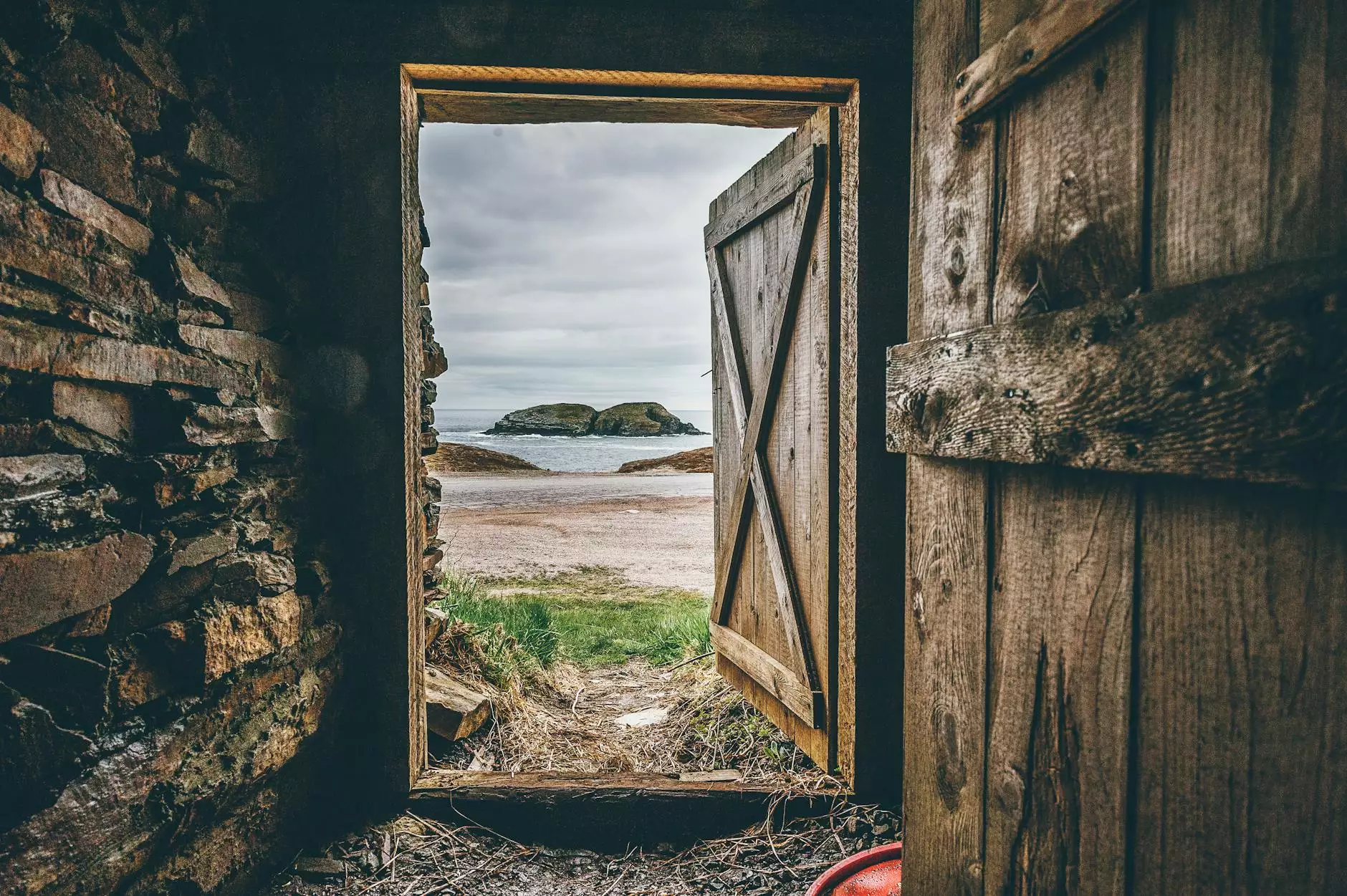Finding Ways to Better Understand Your Neighbor

Introduction
Welcome to La Historia Society's page on finding ways to better understand your neighbor. In today's multicultural and diverse world, it is essential for communities to foster understanding, empathy, and respect among neighbors. By taking the initiative to learn about different cultures, backgrounds, and experiences, we can build stronger and more inclusive societies. This article aims to provide you with valuable insights and practical tips on how to improve your neighborly relationships and embrace the beauty of diversity.
Why It Matters
Understanding your neighbor is crucial for fostering social cohesion and creating harmonious communities. It allows us to break down stereotypes, reduce prejudice, and eliminate judgment based on ignorance. When we communicate and connect with our neighbors on a deeper level, we can bridge gaps, build trust, and form meaningful relationships that enrich our lives.
Embracing Diversity
One of the first steps towards understanding your neighbor is to embrace diversity. Recognize that everyone has a unique background, culture, and perspective to share. Be open-minded and willing to learn from those around you. Engage in conversations that seek to understand and explore different experiences and worldviews.
Building Relationships
Building positive relationships with your neighbors requires effort and genuine interest. Take the time to introduce yourself, initiate conversations, and organize community events or gatherings. These activities can help break the ice and create opportunities for meaningful interactions. Remember to actively listen, show empathy, and respect differing opinions.
Learning from Each Other
Educating yourself about different cultures and traditions is a powerful way to understand your neighbor better. Attend cultural festivals, workshops, or events to immerse yourself in new experiences. Explore local cuisines, music, literature, and art. Share your own cultural heritage with others, fostering a mutual appreciation for diversity.
Volunteering and Collaboration
Engaging in community service and collaborative projects enhances the sense of belonging and allows you to work together towards common goals. By volunteering your time and skills, you not only contribute to the well-being of your community but also create opportunities to connect with neighbors from different backgrounds. Collaborative efforts provide a platform for shared experiences and understanding.
Respecting Boundaries and Differences
Respect for personal boundaries and differences is essential for maintaining healthy neighborly relationships. Be mindful of cultural norms, traditions, and practices that may differ from your own. Avoid making assumptions or generalizations about others based on preconceived notions. Instead, actively seek to understand and appreciate diverse perspectives.
Engaging Children and Youth
Children and youth play a crucial role in shaping inclusive and understanding communities. Encourage them to interact with their peers from diverse backgrounds. Support educational programs that teach tolerance, acceptance, and empathy. Emphasize the importance of treating others with kindness and respect, fostering a future generation that embraces diversity.
Conclusion
Fostering better understanding with your neighbors is a rewarding and transformative journey. By embracing diversity, building relationships, learning from one another, volunteering, respecting boundaries, and engaging youth, we can create vibrant communities where everyone feels included and valued. La Historia Society encourages you to take the initiative to better understand your neighbor and make positive changes in your community. Together, we can foster a harmonious and respectful society filled with beautiful stories of human connection.










